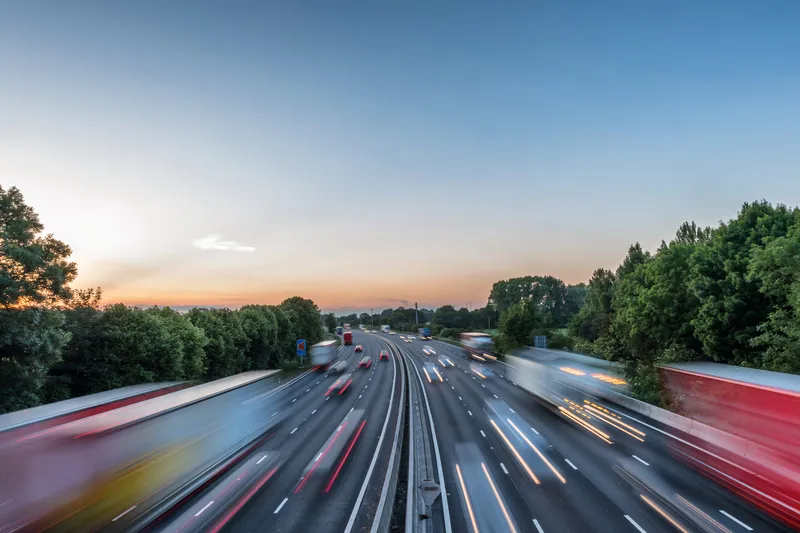
Kapsch TrafficCom is urging the European Union to fully integrate road tolling and traffic management into its EU Taxonomy for Sustainable Investment.
The company has produced a white paper which suggests this is necessary to achieve the Net Zero decarbonisation target in the European Green Deal.
EU taxonomy provides companies, investors and policymakers with appropriate definitions for which economic activities can be considered environmentally sustainable. As the EU says: “In this way, it should create security for investors, protect private investors from greenwashing, help companies to become more climate-friendly, mitigate market fragmentation and help shift investments where they are most needed.”
But at present, the firm argues that EU Taxonomy "lacks specific criteria to assess the impact of road tolling and traffic management".
"Road tolling and traffic management are vital for achieving Net Zero," said Georg Kapsch, CEO of Kapsch TrafficCom.
"Our real-world examples from Austria and Vienna clearly demonstrate the substantial environmental benefits these systems offer. It is essential that they are recognised within the EU Taxonomy."
The firm calculates that road maintenance through tolling could result in annual savings of approximately 975,000 tonnes of CO2, which is equivalent to saving 411 million litres of fuel, or €43.8 million on the Austrian road network.
In Austrian capital Vienna, Kapsch says advanced traffic management systems could lead to a reduction of nearly 64 million litres of fuel consumption, preventing over 151,000 tons of CO2 emissions at a value of €6.8 million each year.
The white paper presents two calculation methods for quantifying CO2 emission reductions achieved through these systems.
"By including road tolling and traffic management in the EU Taxonomy, we can ensure that investments are directed toward technologies that drive the transition to a more sustainable future," added Richard Lax, corporate expert EU Affairs at Kapsch TrafficCom.
"We are committed to working with the European Commission and other stakeholders to ensure the EU Taxonomy reflects the realities of modern transport policy."








